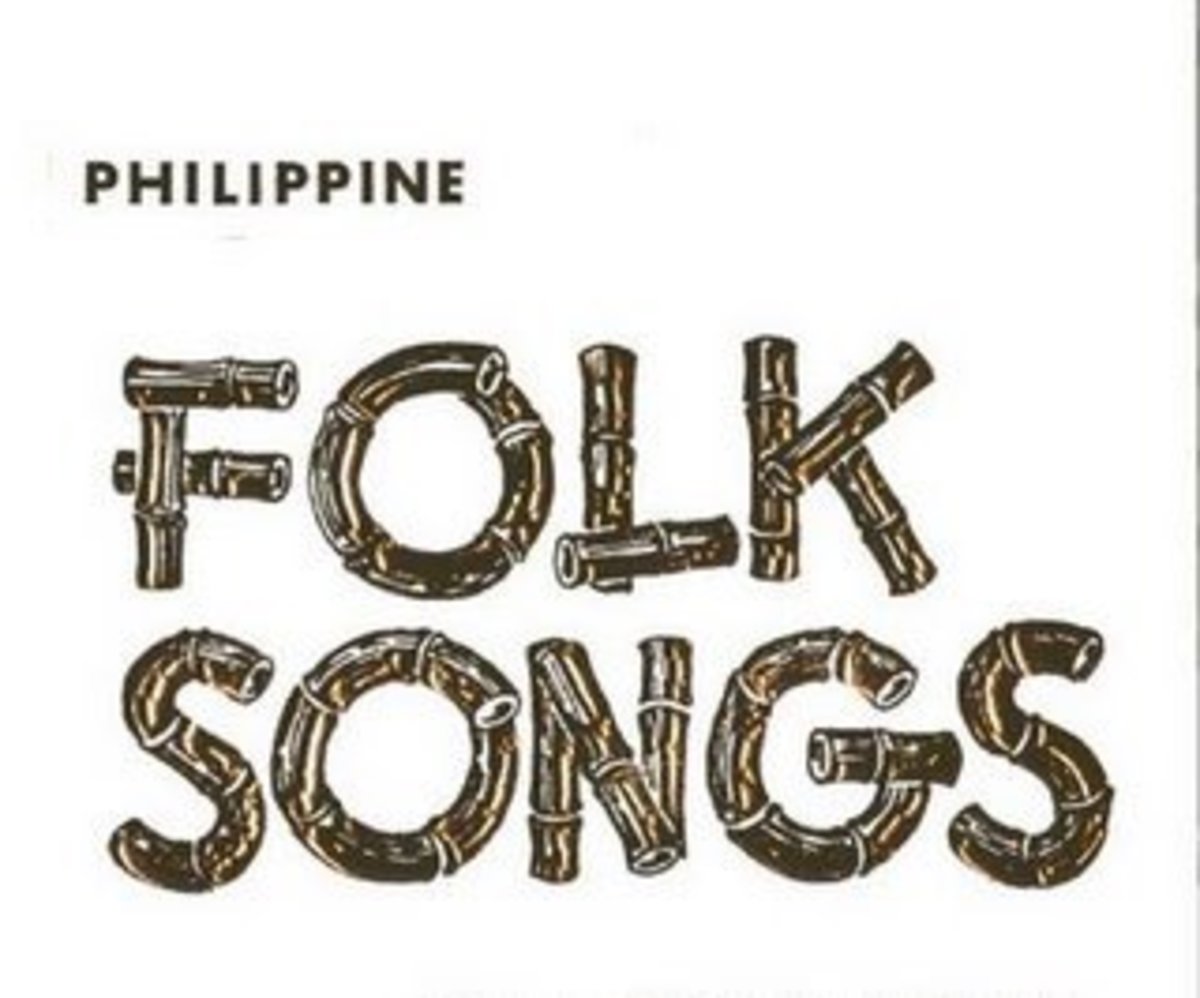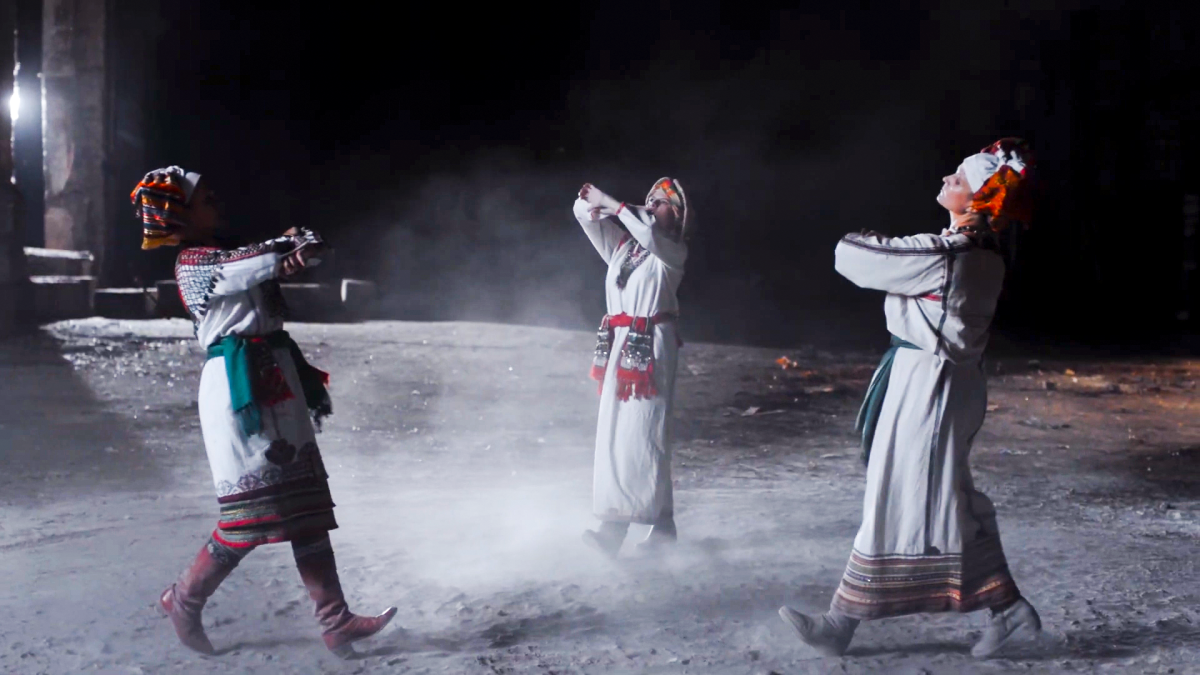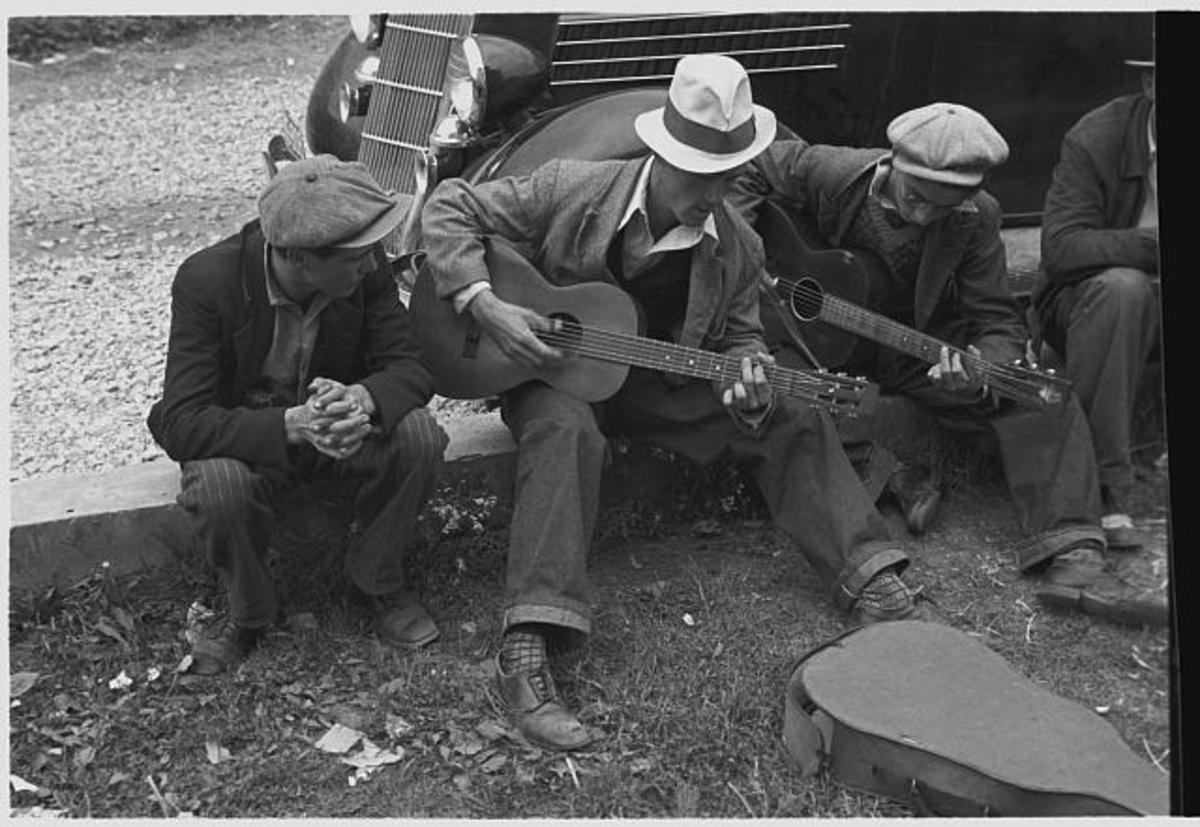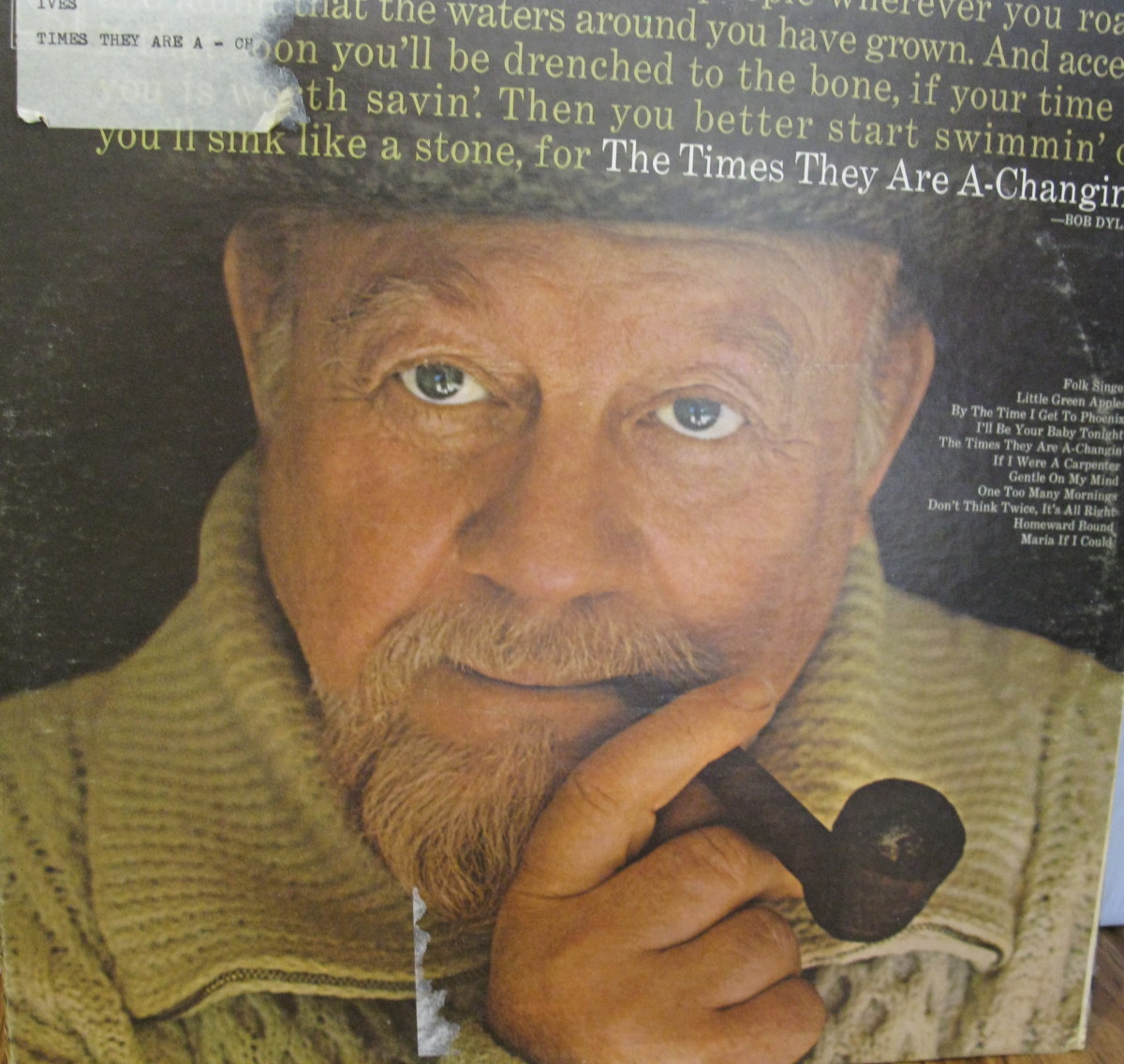The Folksingers-Jean Ritchie Sang Traditional and Original Folk Lyrics with Dulcimer
Children's Songs
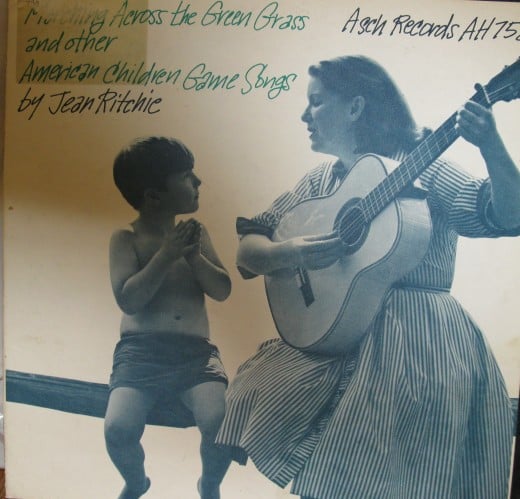
Dulcimer
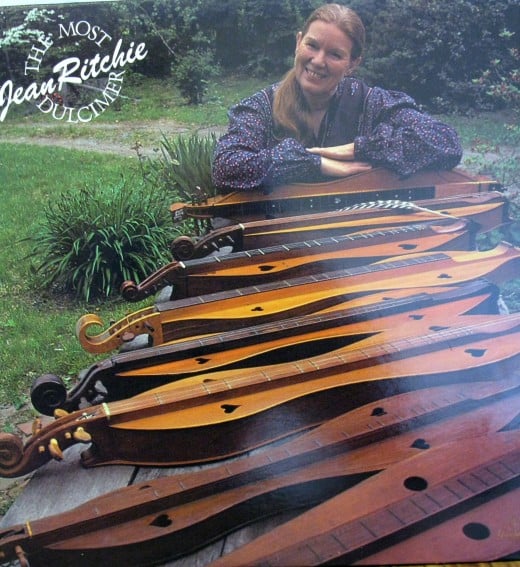
Jean Ritchie
Jean Ritchie
Jean played the dulcimer using a turkey feather as a pick, which she learned from her father. It was at home that she learned all the old English ballads that her ancestors had brought over from the old world. She learned that they made up songs about work and play. She also leaned the hymns at church. She also learned the old dances, reels and jigs that they danced at wedding and socials.
Hunt the cows
“Hunt the Cows,” a children’s game song written by Jean Ritchie based on her childhood experience.
“Collecting was the greatest sport of the folk revival. For awhile we collected songs, recordings…then we began to collect native folk singers.” Milt Okum “Something to Sing About.
Wake up you lazybones and go and
Hunt the cattle,
Wake up, you lazybones and go and
Okum goes on to say that Jean Ritchie was one of the truest of the native singers. Jean became special because her gracious manner, her abilities and her complete involvement in the native folk arts.
She was born in 1922 in Viper, Kentucky and the youngest of 14 children They were poor farmers but they were rich in their Scotch Irish heritage and inherited generations of songs of mountain people. And Jean absorbed it all.
I think I became acquainted with Jean’s music when I became aware of the Dulcimer at folk festivals. To me folk music was guitars and sometimes banjoes. As I said elsewhere, we were snobs about folk music. I think if we met a folk singer on the street we would have ignored them. I dated a girl once who came from such a background. The term folk music meant nothing to her. She said she liked country music and I found her mother played some similar instrument and I was too dumb to know the significance of it. However, by that time the relationship was on the rocks for other reasons. It was much later that I saw instruments like dulcimers and harps at festivals and got curious and found out about Ritchie.
Jean played the dulcimer using a turkey feather as a pick, which she learned from her father. It was at home that she learned all the old English ballads that her ancestors had brought over from the old world. She learned that they made up songs about work and play. She also leaned the hymns at church. She also learned the old dances, reels and jigs that they danced at wedding and socials.
She had the rare privilege for a girl from the mountains in the 1930’s and went to the University of Kentucky where she graduated Phi Beta Kappa in Social Work. She went to New York to work at the Henry Street Settlement and entertained the children with he songs.
It wasn’t long before the New York folk music scene discovered her. She was their darling because she was what the intellectuals at that time wanted: she was a woman, born and raised in Appalachia, knew lots of folk songs and played an unusual instrument.
When the 1960’s revival she played concerts at colleges both in the U.S. and overseas. She was still liked by the intellectuals as a true folk artist but she never reached the popularity of The Kingston Trio, Judy Collins and others of the period. However, her lasting power has been great. She has a great influence on making the dulcimer popular and has influenced other folk and country such as The Judd’s.
Ritchie is also a songwriter. She learned from her uncle. He altered tunes from one verse to another in a song and the lyrics from one performance to another. She learned to improvise variation as natural elements of traditional music. A trait of Jazz also, which I think is also a form of folk or traditional music. This is where traditional music varies from pop music. How often I cringe when I’d hear someone say about a singer ‘he doesn’t sing it like…(some other singer.) At a Gordon Lightfoot concert a friend of mine was disturbed that the singer was using a classic guitar. I never did understand the objection. I, in turn was confused when I found something called a “folk” guitar. What the heck is that? Actually, a traditional singer would play whatever he had available.
Along with singers like Pete Seeger she will create songs from song fragments or other bits of materiel. Folk and Jazz have had such an influence on modern music that it is hard to even believe the gap between formal music and folk/jazz musicians. One of coarse is imprecision. Another is a custom called “lining out” which was often used in churches in which the preacher would more or less say the words and the congregation would sing the line. I first heard it in Burl Ives singing of “On Top of Old Smoky” which was popular back in the fifties, if I recall.
My older brother, who was a musician and our household expert, objected to the “lining out.” I forget why but I think it falls into the category of “it just isn’t done.” I believe it was Gene Bluestein that pointed out that formal musicians would consider tapping one’s foot to keep time was “amateurish” whereas folk musicians consider it a way to accompany the music.
In 1952 Jean and her husband, photographer George Pickow went to the British Isles and Ireland on a Fulbright scholarship to trace her family roots and the origin of her family’s three hundred songs. Her personal reminiscences did a lot to prepare the way for the popular field trips of the 1960’s.
Jean Ritchie was a quiet person with a great deal of influence.
Other Folksinger Hubs By Dahoglund
- The Folksingers-part 3-Jean Ritchie
Wake up you lazybones and go and Hunt the cattle, Wake up, you lazybones and go and Hunt the cows Hunt... - The Folksingers -part 2- Oscar Brand
It was midnight on the ocean, not a streetcar was in sight. The sun was shining brightly and it rained all day and night. It was a summers night in winter and the rain was... - The Folksingers-part 6-Sonny Terry
Blindness is not an attribute to look forward to, but it seems that some of the best musicians were blind. In the case of Sonny Terry he lost an eye when he was five years old and the other when he was... - The Folksingers part 7-The Kingston Trio
The Kingston Trio Hang down your head, Tom Dooley Hang down your head and cry Killed poor Laura Foster You know you're bound to die TOM DOOLEY popularized by Kingston Trio It was 1958... - The Folksingers-part 1-Burl Ives
This is the first of hubs about contributors to folk music that I feel are important. I will not try to claim any as the greatest because there are many, I am sure, that I am not familiar with. I am a... - Background Information About Folksingers and Folkmus...
For the purposes of this hub, I consider a folk song to be primarily a traditional song, passed down from generation to generation especially in the oral tradition. The dictionary defines a folksinger as... - The Folksingers-part 5-Ed McCurdy
When first I came to Louisville Some pleasure there to find A damsel there from Lexington Was pleasing to my mind Her rosy cheeks, her ruby lips, Like arrows pierced my breast And the name she bore was...
© 2009 Don A. Hoglund



